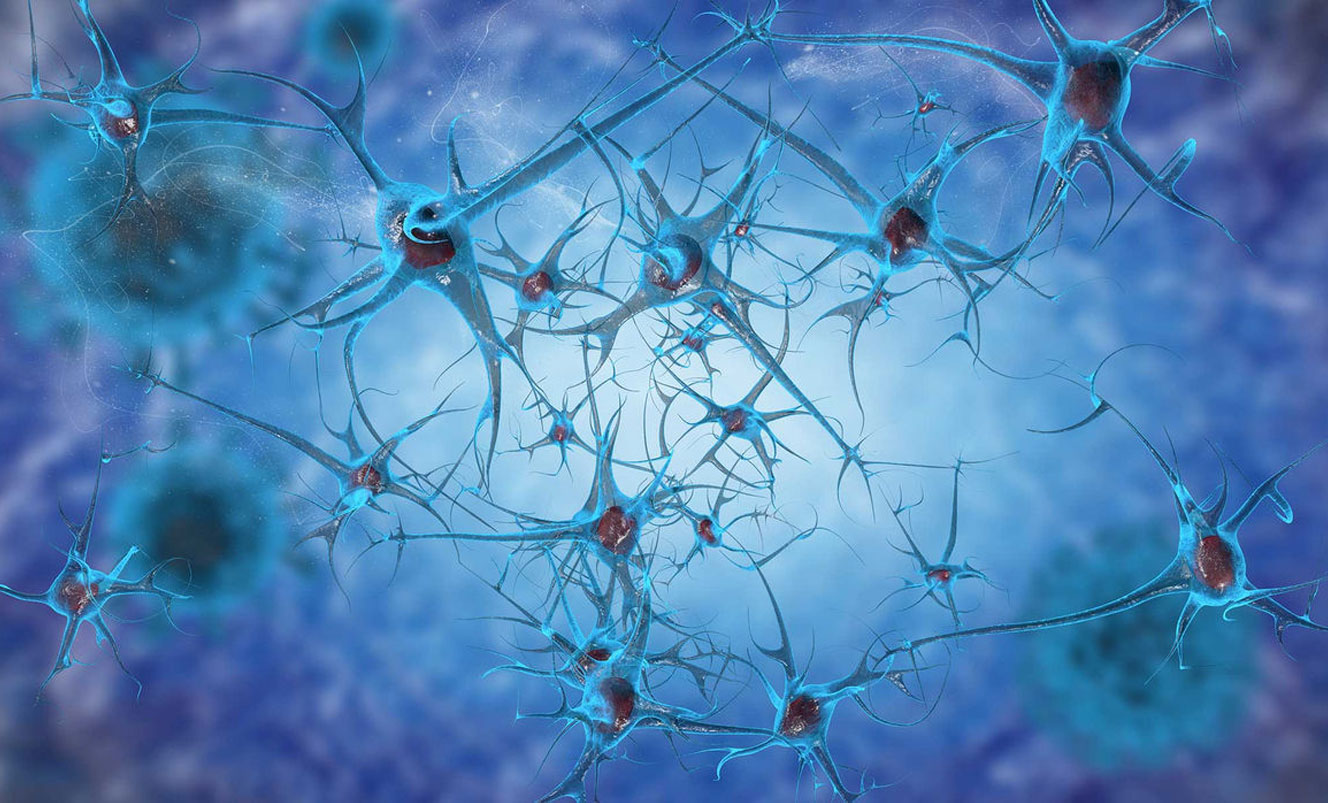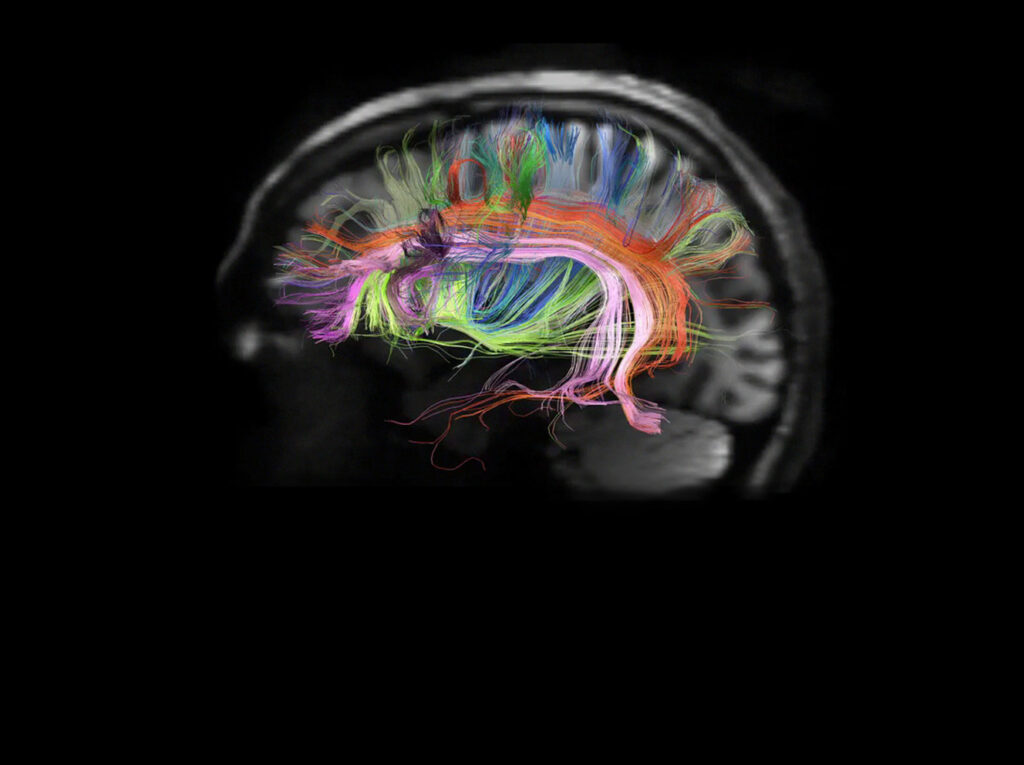More than 10 million people worldwide live with Parkinson’s disease (PD), an incurable brain disease marked by a gradual loss of the cells that produce dopamine — a neurotransmitter linked to motor control and coordination. Now, thanks to philanthropic efforts and groundbreaking research, clinicians at Massachusetts General Hospital have reached a transformative moment to improve treatment options for those patients: the Food & Drug Administration (FDA) has approved the hospital’s investigational new drug (IND) application for personalized cell therapy for Parkinson’s disease.
With this approval, Bob Carter, MD, PhD, Todd Herrington, MD, PhD, and Jeffrey Schweitzer, MD, PhD, are leading a phase 1 trial in which they will reprogram skin cells from each patient to become dopaminergic neurons — the cells in the brain that are progressively lost during Parkinson’s disease — and then surgically implant them back into the brain.
“This therapy could provide more options when it comes to Parkinson’s disease,” says Dr. Carter. “We’re fortunate that we have all the ingredients for success here: a clinical practice with patients interested in trying new therapies, a talented team of physician-scientists and a location in the heart of Boston’s world-renowned medical and biotech community.”
Rising to the Challenge
This trial will enroll eight patients with moderate or advanced PD and assess the safety and efficacy of personalized cell therapy. Drs. Carter, Herrington and Schweitzer have assembled a trial team of experts in neurosurgery, neurology, stem cell biology, radiology and nuclear medicine to assist with all components of clinical care and research. The team is also working with Kwang-Soo Kim, PhD, and the Kim Laboratory at McLean Hospital, on discoveries that are improving accuracy and efficiency of cell production and enhancing the survivability of implanted dopaminergic neurons.
In his laboratory at Mass General, Dr. Schweitzer is also improving the surgical process to make the procedure more precise and minimally invasive, which would allow Mass General to scale the procedure to other institutions.
Pushing Forward Through Philanthropy
“Our mission is to bring to our patients the safest, most effective personalized cell therapy for Parkinson’s Disease, to continue to research and improve this process, to provide education to the rising stars of translational neuroscience research just now entering this field, and to collaborate with colleagues around the world to make better therapies available,” Dr. Schweitzer says. “Parkinson’s is an increasing problem for all people around the world, particularly as the world’s population ages, and cell therapy holds great promise in helping to meet this challenge.”
A generous donation from George “Doc” Lopez, the retired founder and CEO of ICU Medical, laid the foundation for this breakthrough. Doc, who was diagnosed with PD in 2007, underwent the procedure in 2017 to replace the cells he had lost. The recently created George A. “Doc” Lopez, MD Cell Therapy Research Laboratory at Mass General, established through Doc’s gift, houses sophisticated physical infrastructure to translate scientific discoveries into more effective cellular therapies for this clinical trial and for other neurological diseases that might benefit from the same approach.
“Neuroscience breakthroughs like this are truly exciting because we are beginning to see the potential of cell therapy as a platform technology to try and restore damaged neural circuits,” Dr. Herrington says. “In the case of Parkinson’s disease, we hope that dopaminergic cell therapy can roll back the clock on some of the movement symptoms that worsen with advancing disease. We’re eager to get started.”
To learn more about Mass General Neuroscience, click here, and to support Parkinson’s disease cell therapy, click here.





